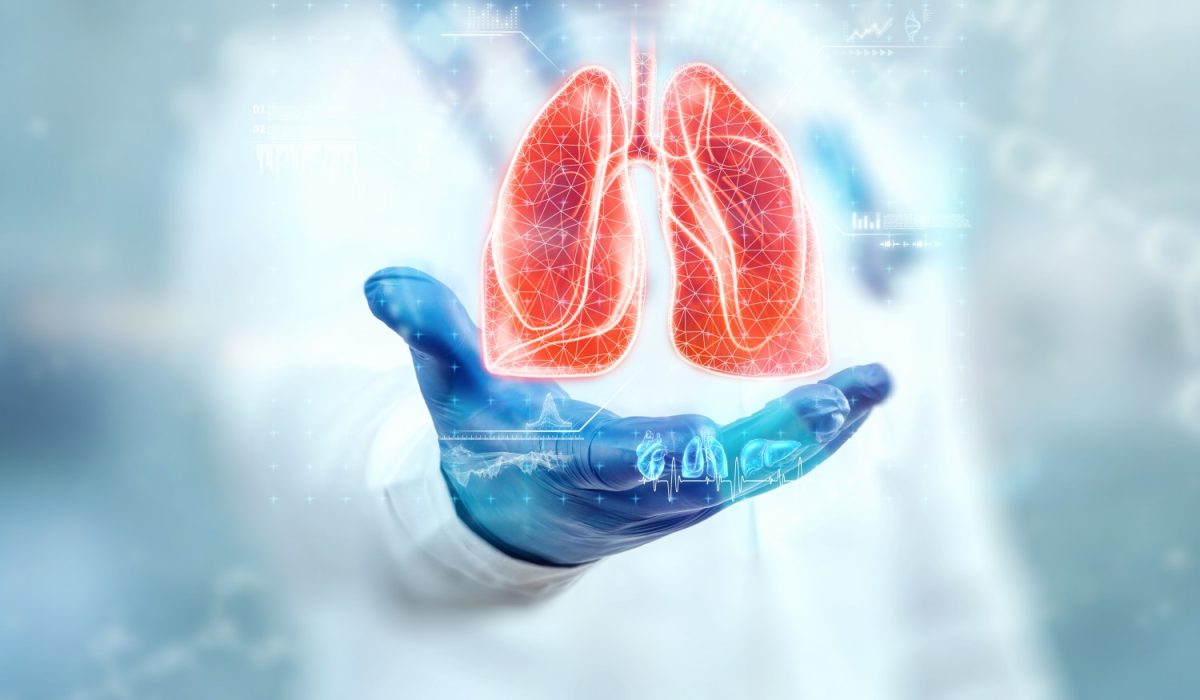Pulmonary edema is a medical condition where fluid builds up in the lungs, making it difficult to breathe. While medical treatment is necessary for severe cases of pulmonary edema, there are lifestyle changes and home remedies that can help prevent this condition from occurring. Here are some ways you can prevent pulmonary edema:
- Manage underlying medical conditions: Pulmonary edema can be a complication of underlying medical conditions like heart failure, kidney disease, and high blood pressure. Managing these conditions with medication and regular check-ups can help prevent pulmonary edema.
- Quit smoking: Smoking can damage the lungs and increase the risk of developing pulmonary edema. Quitting smoking can help reduce this risk and improve overall lung health.
- Avoid exposure to pollutants: Exposure to pollutants like air pollution, dust, and chemicals can damage the lungs and increase the risk of pulmonary edema. Avoiding exposure to these pollutants or wearing protective gear can help prevent this condition.
- Maintain a healthy weight: Being overweight can put extra pressure on the lungs and heart, increasing the risk of pulmonary edema. Maintaining a healthy weight through diet and exercise can help reduce this risk.
- Exercise regularly: Regular exercise can improve lung function and strengthen the heart, reducing the risk of pulmonary edema. However, it’s important to consult a doctor before starting a new exercise regimen, especially if you have underlying medical conditions.
- Reduce salt intake: Eating a diet high in salt can increase the risk of fluid buildup in the lungs, leading to pulmonary edema. Reducing salt intake can help prevent this condition.
- Stay hydrated: Drinking enough water can help keep the lungs hydrated and prevent fluid buildup. Aim to drink at least 8 glasses of water a day.
- Elevate your legs: Elevating your legs can help reduce swelling in the legs and prevent fluid buildup in the lungs. This is especially important if you have underlying medical conditions like heart failure.
- Monitor your symptoms: If you have underlying medical conditions that increase your risk of pulmonary edema, it’s important to monitor your symptoms closely. If you notice any changes in your breathing or experience chest pain, seek medical attention immediately.
In conclusion, preventing pulmonary edema requires a combination of lifestyle changes and home remedies. By managing underlying medical conditions, quitting smoking, avoiding exposure to pollutants, maintaining a healthy weight, exercising regularly, reducing salt intake, staying hydrated, elevating your legs, and monitoring your symptoms, you can reduce your risk of developing pulmonary edema and improve your overall lung health.

